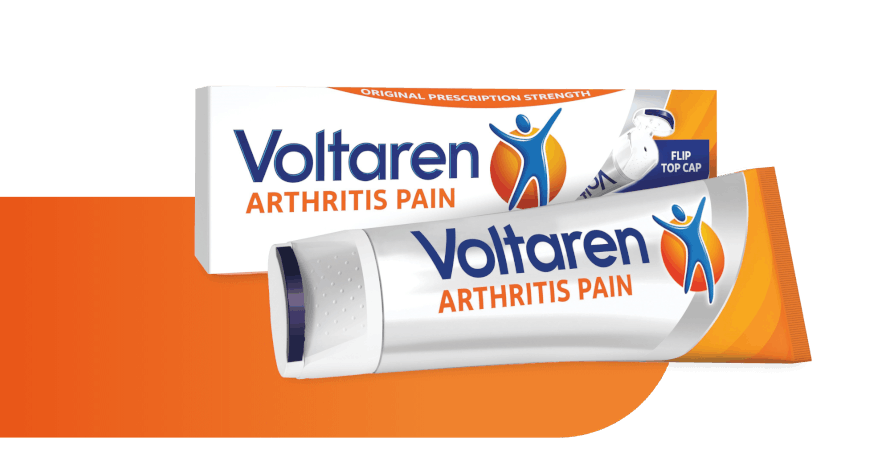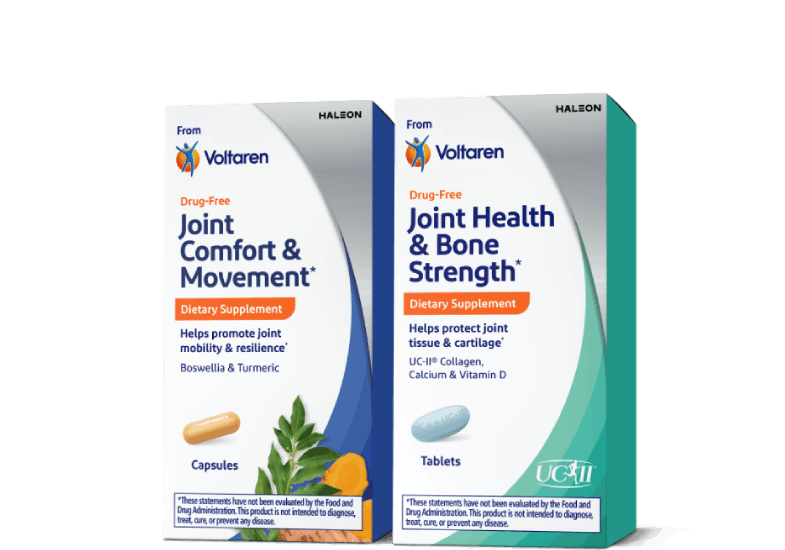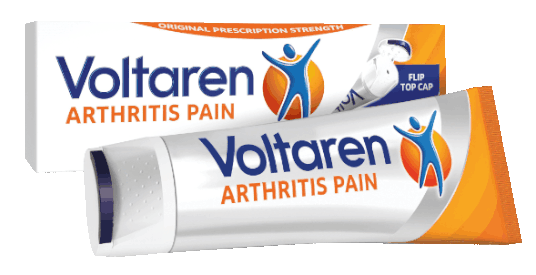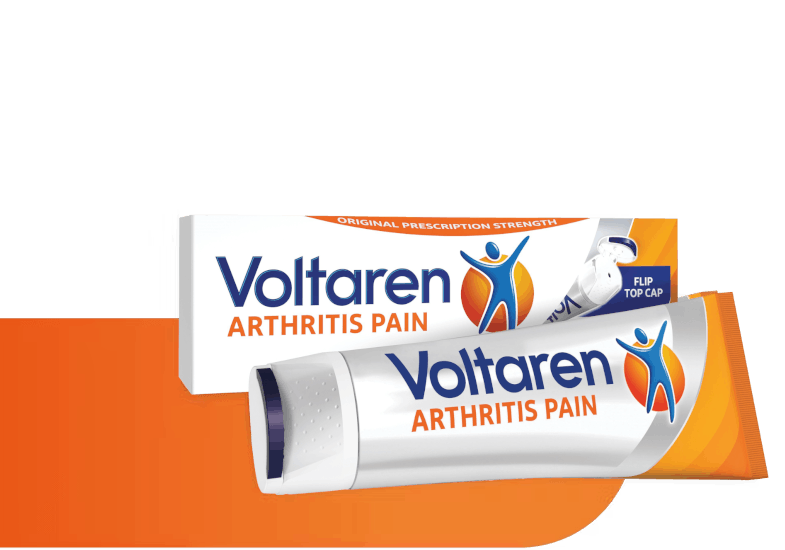What are the Effects of Aging on the Body
While it may seem obvious that the body changes as we age, what changes actually take place? Here’s what you need to know about the effects of aging on the body and what you can do about it.
/effects-of-aging-hero.jpg?auto=format)
Age and your body have a complicated relationship. No matter how hard you try, there is no fountain of youth—sorry! You will experience physical changes during the aging process, and that’s normal.
But here’s the thing: Just because your body transforms as you get older, the effects of aging on the body don’t have to get you down. One way to prepare yourself is to know what to expect and how to manage the changes.
Ready to rock your newly white hair and laugh lines? Here’s how your body changes as you age.
1. Your Vision Is Fuzzy
Do you hold your phone farther and farther away to read your texts? Or take off your glasses to make out those tiny Instagram captions? We do, too. While you wish you could have 20/20 vision forever, the reality is our eyes change over time.1 When you’re young, the lens in your eye changes shape easily, lengthening or shortening to focus on objects near and far. With age, the lens gets stiff, making it harder to focus.2
What you can do: First, make an appointment with your eye doctor. You may need a pair of reading glasses or bifocals. If you already wear glasses or contacts, a bump in your prescription may do the trick. For a quick fix, try a pair of reading glasses from your local drugstore. When reading on the computer, try increasing the font size (some websites, like this one, are already arthritis-friendly, with large fonts for easier reading).
2. You Don’t Sleep Well
It’s not just your imagination. Your sleep patterns change when you get older. According to the National Sleep Foundation,3 your body spends more time in the lighter stages of sleep, which means you may have more trouble staying asleep. Your sleep-wake rhythms change, too. You may notice that you get tired earlier in the evening and wake up earlier in the morning.4
What you can do: First things first: make sure you’re not drinking caffeine or napping late in the day, which can make it harder to fall asleep. Regular exercise and limiting screen time at night can also help you get good-quality ZZZs.5,6 And don’t forget about bedtime routines. Nightly rituals can signal to your body that it’s time to wind down and relax.
3. Your Metabolism Slows Down
It sneaks up on you. All of a sudden, you notice that your body is changing shape and you’re holding onto a little more weight than normal. That’s because your metabolism naturally begins to slow down with age.7 Plus, for women, changing hormone levels that accompany perimenopause and menopause can contribute to a sluggish metabolism and changes in body composition.8
What you can do: A slower metabolism and weight gain are two of the most noticeable changes in the body with aging. The best way to keep your metabolism humming is with regular exercise, a combination of cardiovascular exercise and strength training. And mind your diet, too. One suggestion: Try the Mediterranean style of eating (which won best overall diet, according to U.S. News & World Report!, and choose plenty of fruits, vegetables, lean proteins, and healthy fats.9
4. Your Joints Ache
Ouch. Whether it’s your knees, fingers, or hips, your joints feel stiff and tender, thanks to the wear and tear of everyday life. Normally, cartilage at the end of your bones cushions your joints and absorbs shock. However, with age, cartilage begins to wear down, which can lead to more pain and swelling in the joints, according to Cleveland Clinic.10 Osteoarthritis, or age-related arthritis, is a common condition that affects many older adults.11
What you can do: Talk to you doctor about your symptoms, and come up with a treatment plan together. For relief from arthritis pain, try an over-the-counter medication targeting the site of joint pain.
5. You Have Trouble Hearing
It may seem like your friend is speaking softly, but the more likely culprit is you’re having trouble hearing. Loss of hearing is one of the common effects of aging on the body.12 The structures in the ear that help you hear (and maintain balance) start to change with age, and it can be harder to pick up and distinguish between sounds, which may explain why it’s so hard to hear your friend at a loud party.
What you can do: Make an appointment to see your healthcare provider. They can examine your ears and may suggest a hearing test or a hearing aid. They may also clean out waxy buildup in your ear canals, which may muffle sound.
6. You’re Losing Muscle Mass
As you get older, you not only lose bone density, but you begin to lose muscle mass too. According to Harvard Medical School, you lose as much as three to five percent of your muscle mass per decade, beginning in your 30s, thanks to things like fluctuating hormone levels, especially testosterone.13 For men, the effects can be pronounced, losing up to 30 percent of total muscle mass over a lifetime. Less muscle may also explain achy joints and a slower metabolism.
What you can do: It’s never too late to build your muscles, so make a point to hit the weight room regularly. If you’re not sure how to get started, consider hiring a personal trainer who can create a strength-training routine tailored to you. Make sure you’re eating enough protein, too.

Does Weather Affets Arthritis?
Does the change in air pressure worsen your arthritis? Research shows a link between cold, humid weather and arthritis. Find out why certain days can be a real pain for you!

Stress and Arthritis
Wouldn’t it be nice if life wasn’t stressful? Learn about the direct correlation between stress and arthritis.
See How Voltaren Can Help
Save Money on Your Next Purchase.
Feel The Joy Of Movement
No matter the day, the hour, or what you’re doing, embrace the joy of movement with the help of specialized products from Voltaren: powerful gel for arthritis pain † or drug-free, dietary supplements for healthy joints.*

For Arthritis Pain Relief

For Healthy Joints*
†Use as directed. Voltaren is approved for treatment of arthritis pain.
Dietary supplements from Voltaren are not intended to treat arthritis pain.
*These statements have not been evaluated by the Food and Drug Administration. These products are not intended to diagnose, treat, cure or prevent any disease.



